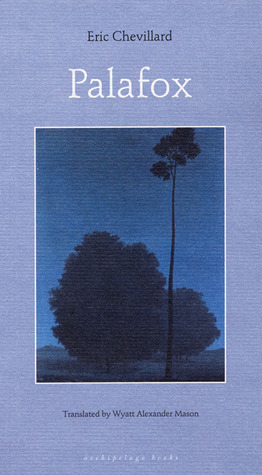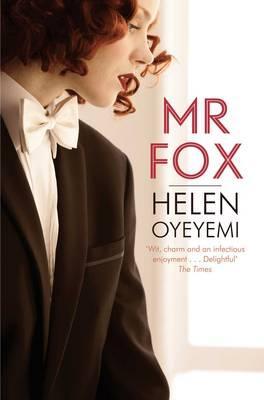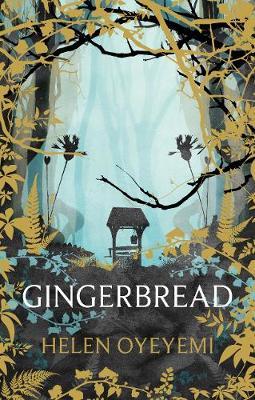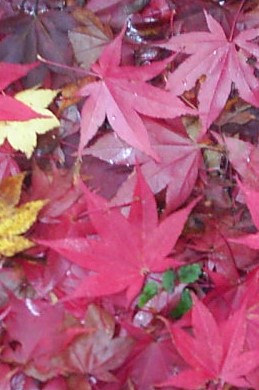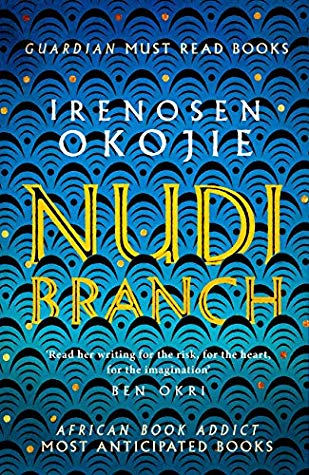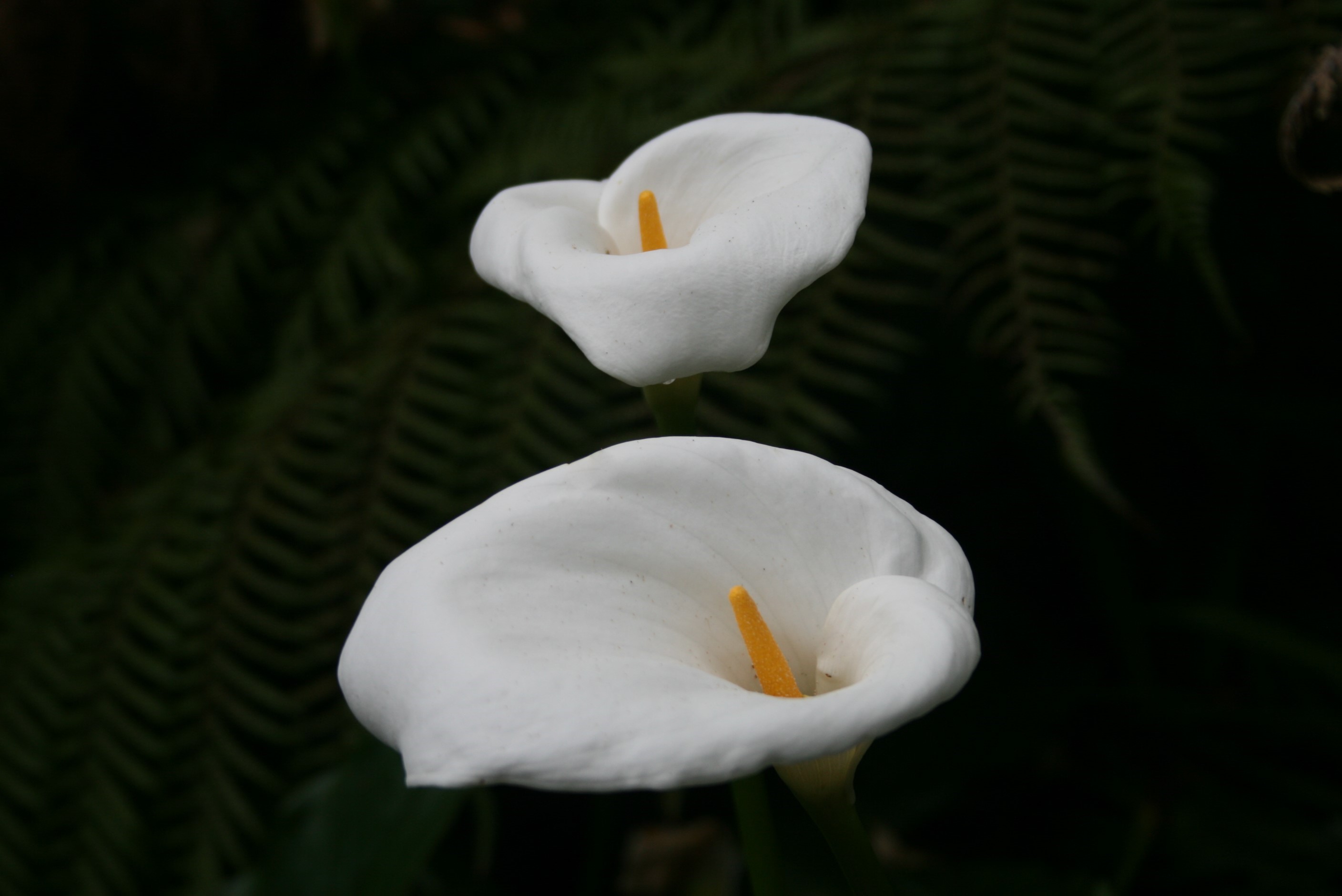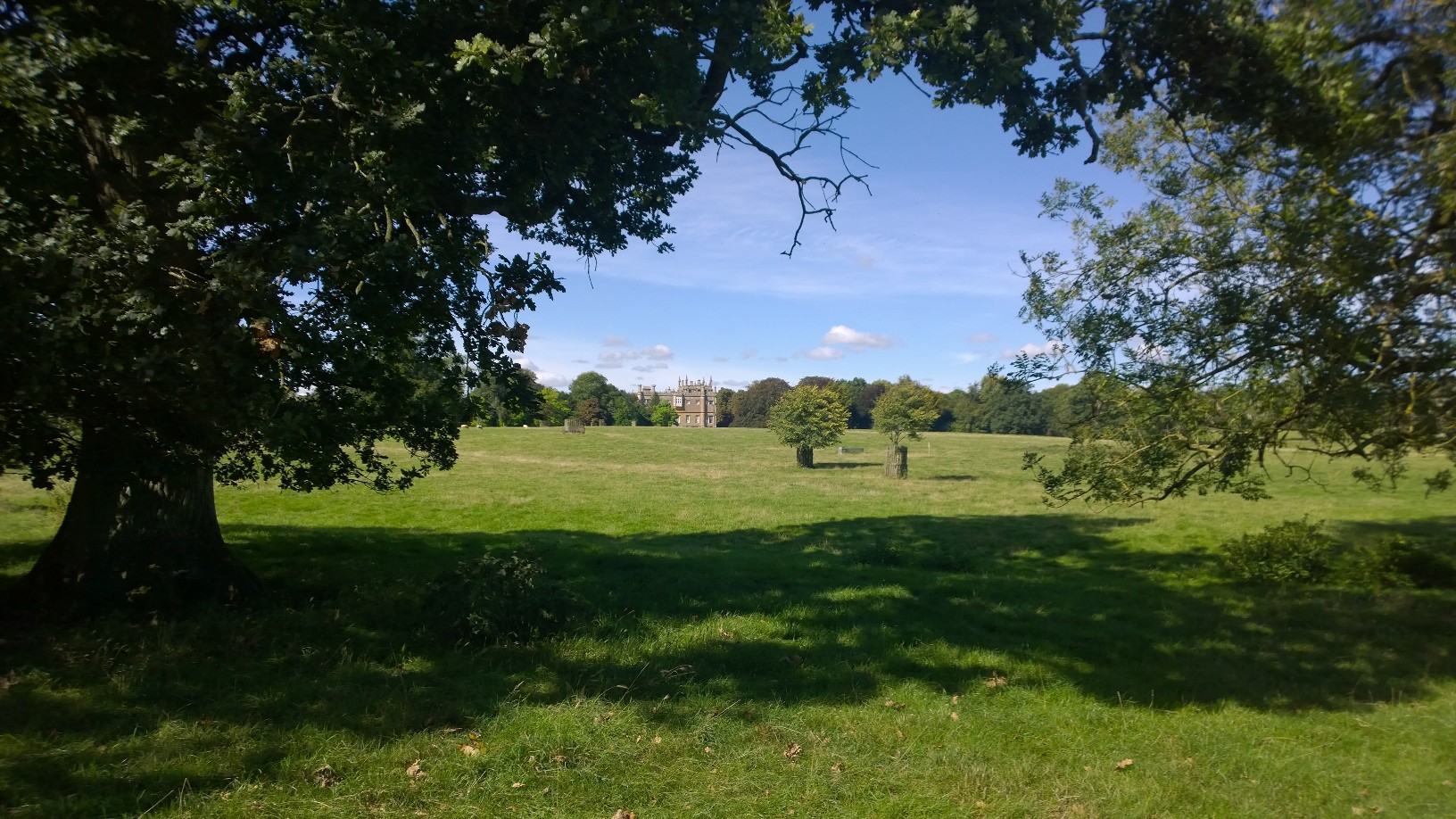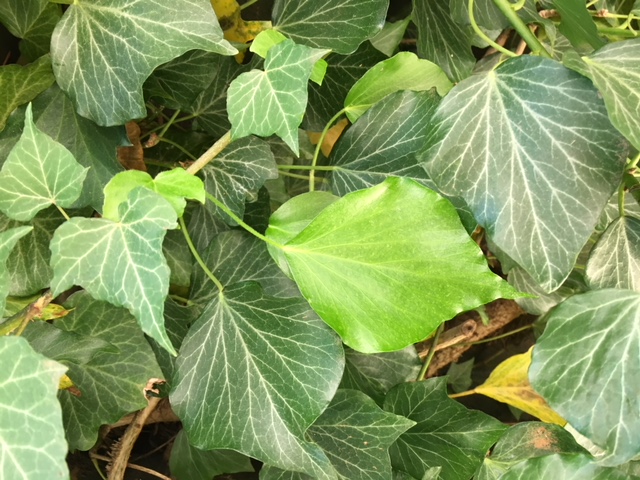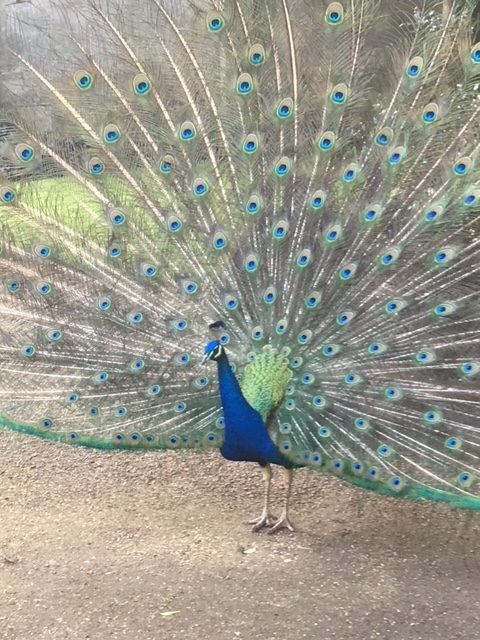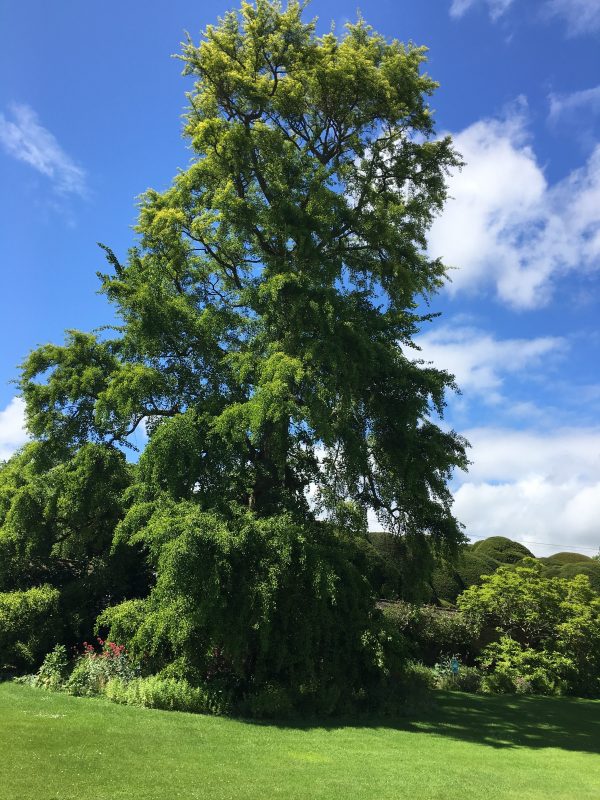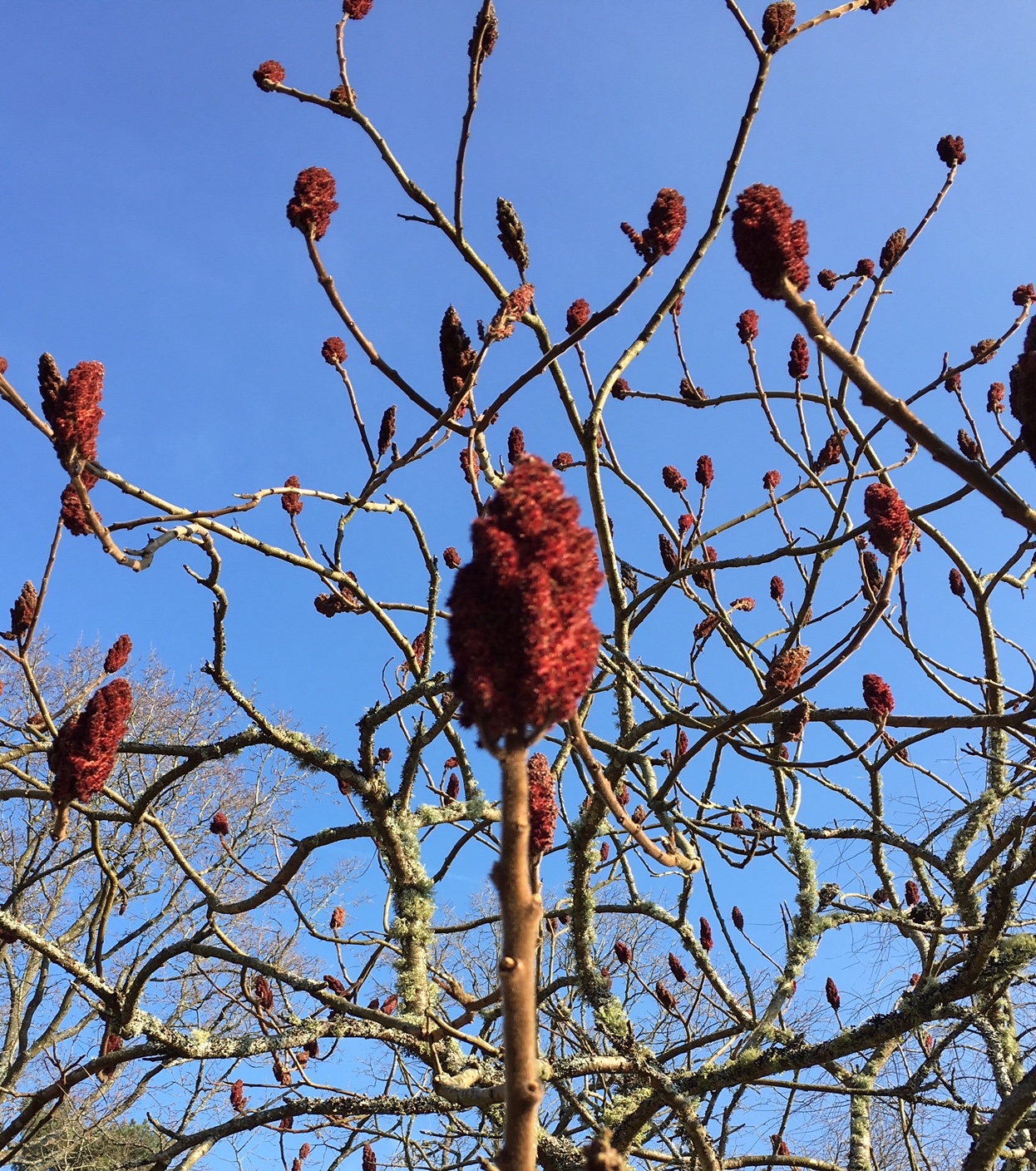Eric Chevillard Absurdist, philosophical, fabulist. The Palafox is a creature who defies classification and makes a mockery of scientists’ quest for knowledge. From the Palafox’s first appearance, man wants to capture it, to enclose it, encase it, train it, splash it with sulphuric acid, study it, categorise it, claim its discovery as their own, and […]
Continue ReadingMr Fox
Helen Oyeyemi Myth and mysogeny: how we are shaped by the stories we tell. Oyeyemi’s anti-hero is a 1930s writer, Mr Fox, with the habit of killing off his heroines. When one of his characters, Mary Foxe, steps from his pages to question his motives, a writing duel ensues. His wife, Daphne, is jealous of […]
Continue ReadingGingerbread
Helen Oyeyemi Gingerbread is a dazzling mix of folklore and pop culture, and of allusions, absurdism and wit. Oyeyemi’s latest novel (pub. March 2019) returns to her familiar themes of displacement, social-ineptitude and women who don’t quite fit in. Harriet discovers her coeliac, teenage daughter, Perdita, unconscious in her bedroom surrounded by gingerbread – and […]
Continue ReadingReading as a Writer
To write well, read as much as you can and as widely as you can. Push yourself to read authors you’ve not come across before. Go outside your comfort zone with genres. Try reading in different formats, you may find a book you struggled with in paperback captivates you in audio. Read like a writer. […]
Continue ReadingNudibranch
Irenosen Okojie Transformations, turning points and trajectories. This short story collection is populated by Grace Jones impersonators, sea goddesses and time-hopping vagrants. Characters reinvent themselves (Grace Jones and Komza Bright Morning), they grapple with situations not of their making (the loss or absence of a child is a recurring theme), and they find themselves at […]
Continue ReadingStimulate your Writing
Here are some suggestions of how you can stimulate your creative writing. It is a work in progress, so check back from time to time for updates. Please bear in mind that not all the suggestions will be right for you. The list is not meant to be prescriptive: the thing is to find what […]
Continue ReadingEditing your Manuscript
So you’ve written the last scene of your novel. Give yourself a pat on the head. Better still, give yourself a holiday – get away from your manuscript. Two weeks is good, two months even better. When you come back to it, you want to read it with fresh eyes. Read through your manuscript and […]
Continue ReadingLearning the Craft of Writing
To improve your writing, you have to work at it. If you have the discipline to scribble away on your own, that is great. However, very many people lack the discipline, confidence, or know-how to go it alone. For those people options are available and this post attempts to cover the different kinds of offerings, […]
Continue ReadingHeroine vs. Hero: The Journey
‘The holly and the ivy Now both are full well grown, Of all the trees that are in the wood, The holly bears the crown’ (Trad.) Ivy (Hedera helix), clinging and compliant, is associated with the feminine. Used in wreaths for weddings and Christmas, it represents everlasting fidelity, There is a problem with […]
Continue ReadingMagic(al) Realism: the Magic of Myth
Zeus, father of the gods, transformed his love, Io, into a cow for fear of discovery by wife, Hera. She, knowing her husband well, saw through his ruse and begged Zeus for the cow, exclaiming how beautiful it was. Hera bade Argus of the hundred eyes to watch over the cow. Desperate, Zeus sent Hermes […]
Continue ReadingWriting Nature: Ecocriticism & Ecolinguistics Uncovered
Ginkgo biloba, Corsham Court, Wiltshire Nature writing, that is, non-fiction or fiction prose or poetry about or inspired by nature, is no new thing. Indeed, as far back as Hippocrates (490-370 BC) people were writing about nature. But latterly, it has experienced a resurgence. The meaning of the term ‘nature writing’ has shifted such […]
Continue ReadingSign & Communication in the Other-than-Human World: Biosemiotic & Pragmastylistic Concepts in Literary Analysis
All living organisms interpret (make meaning of) and represent (communicate) their world through a series of signs and codes. A plant may sense a change in daylight hours (photoperiodicity) as a sign which it encodes as a prompt to initiate flower-bud formation, just as a human might sense the sign of hot weather and encode […]
Continue Reading